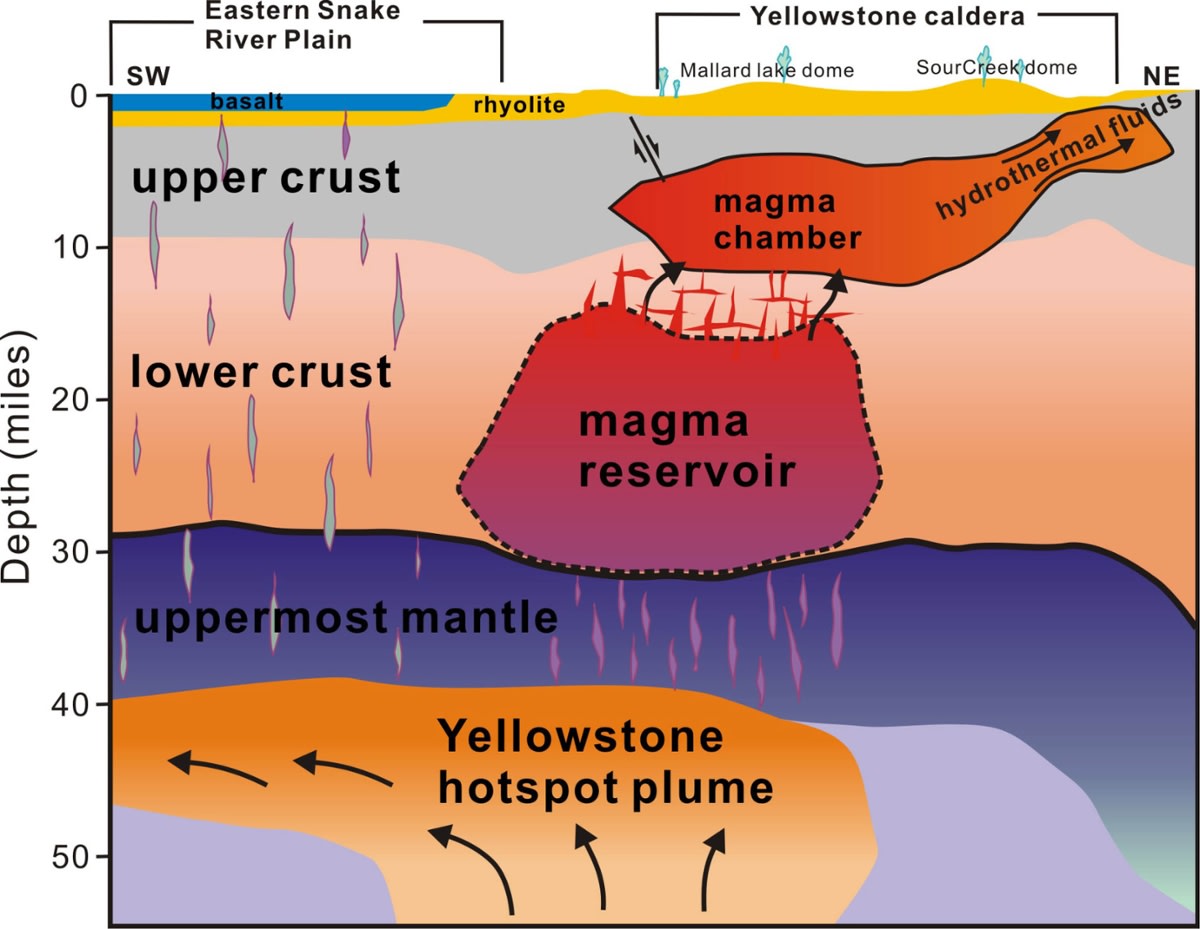Deep geothermal energy production via microwave drilling to 20km. If we can geothermal wells to those depths, we can pump down water and get back superheated steam. This can then be turned to electricity using a standard power plant turbine. In particular, it can be turned to electricity using existing turbines at coal- and oil- fired power plants, allowing those plants to continue to run but "defueled". Abundant power, no CO2 or other emissions, no additional land usage, no intermittency, no additional grid connections required, no additional earthquake risks (it's drilling, but not fracking), no geographic restrictions (if you drill anywhere it's hot enough) which also means reduced geopolitical conflict. If you feel like it, you can use some of the waste water for wicked-awesome artificial hot springs like they do in Iceland. The trick is that drilling to that depth is difficult with standard drills, so the idea is to use high-powered microwaves to essentially vaporize the hole down to the necessary depth. The microwave generators necessary were designed for fusion research. They stay on the surface, while the microwaves are shot down a wave guide (a conductive pipe, essentially). Quaise Energy is hoping to have a test well this year, and to be defueling existing power plants by 2018. If there's a downside to any of this, I haven't heard of it.
I have never heard of this!! This could have upside/downside ratio even greater than that of the bidet.
I skimmed through some of Quaise's videos, but I didn't see any actual drilling. Might it be a scam?
Oh I thought of one possible downside. Could you set off volcanoes with this? Create new volcanoes? Or would it be impossible to drill deep enough? Or would the magma solidify before it made it up the narrow hole?
Would be quite the new x-risk category lmao. Malicious volcano actors.
Edit: this 2012 slate article explains drilling eruption risk fairly well. Basically, you only have to worry about reservoirs of magma near the surface. Simply far too much rock in the way and too narrow a hole to let much magma out otherwise.

I assume that the dirt gets warm near a magma chamber and you can detect that and stop drilling. Or maybe you can use sonar or something too.
I have no idea how common or high-pressure magma reservoirs away from volcanoes are. (I guess nobody knows.)
Anyway this idea still kicks ass.
How do you remove the dirt from the hole though?
Also, apparently "practical" microwave lasers were invented in 2012¿ I wonder what the limits of that are. Seems like a big deal for warfare potentially.
I recently asked about the glorious AI future but I meant to ask something more actionable. Near-term (say, next 5 years) stuff that ambitious people can aim for.
Lots of recent tech is a mixed bag in terms of societal outcomes and whatnot. I have the usual complaints about viruses being too easy to create, social media, phone overuse, gpt reddit astroturfing bots, facial recognition, mass surveillance, cheap quadcopters (cuz grenades), etc etc. [1]
I sure love my flush toilet though. And lightning rods, electricity, batteries, the computer mouse, wheels, airplanes, microscopes, vaccines, oral rehydration therapy (aka pedialyte), antiobiotics, the Haber-Bosch process, cultured meat if it works, air & water filters, reusable rockets, youtube, and cheap iron all seem pretty great. Democracy via anonymous paper ballots is also a clear win overall in my opinion.
What upcoming tech is all good good and no bad bad?[2]
My starter list (not very good, hence the question):[3]
This shouldn't influence the answers, but I also have lots complaints about stuff that ruins good excuses for good/social things. Harder to ask medium friends to drive you to the airport when you can uber; hard to ask a stranger on the street for directions when you can use GPS; learning music is probably a lot easier if there's zero recorded music; why see a play when you can watch a movie; etc etc etc etc.
If the question is too vague for you (eg because tech consequences depend on how,when,where,bywho it is rolled out) then imagine you have the same degree of control over the tech that a well-run well-funded medium-sized tech co would have. And you roll it out in the best non-corporate-suicide (but not necessarily most profitable) way you can. So eg some superbio tech could be 100% great if the tech co keeps it secret and just sells drugs etc instead of selling the superbiotech itself.
However, many bonus points if the most profitable/natural/realistic rollout of the given tech is also good.
I omit social/policy tech that I don't have any idea how one would make happen — approval voting and such. Sometimes apparently you just need a decent app, like with Manifold. If you know of some good social tech that has a good chance of actually happening via some tech tech, please post it!
Due to bio scientists' social conformity, we're currently stuck with the "academic achievement" proxy. If you know smart people who are & are not highly academically achieved, then you might notice that the two groups differ quite a bit in happiness, bravery, etc. As much as I like phd students, I wouldn't want the whole world full of only them.